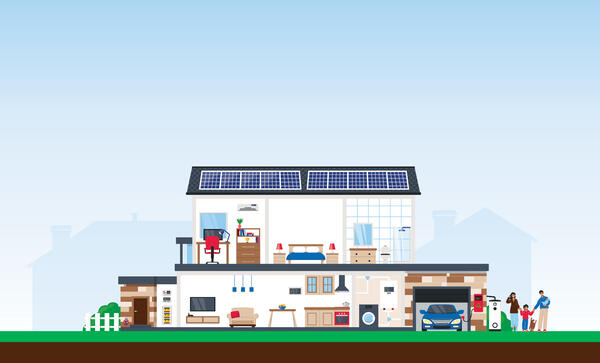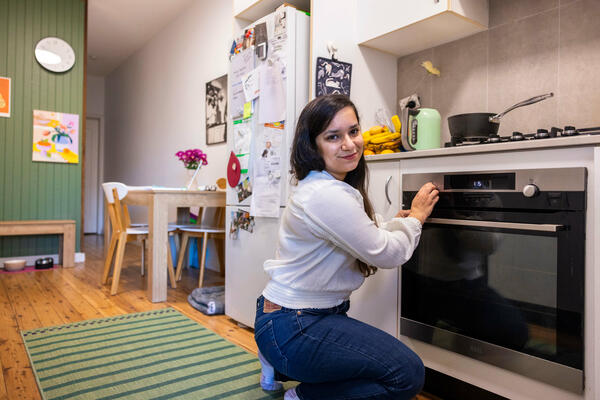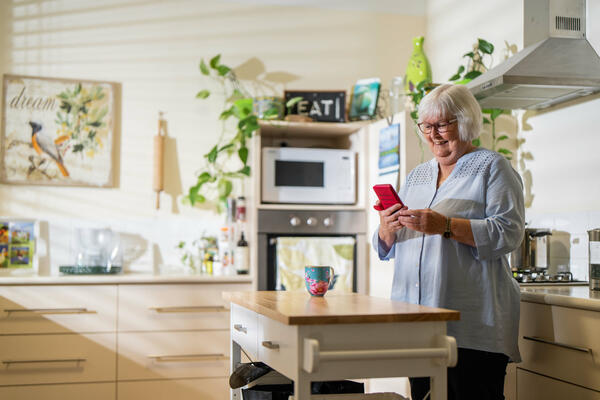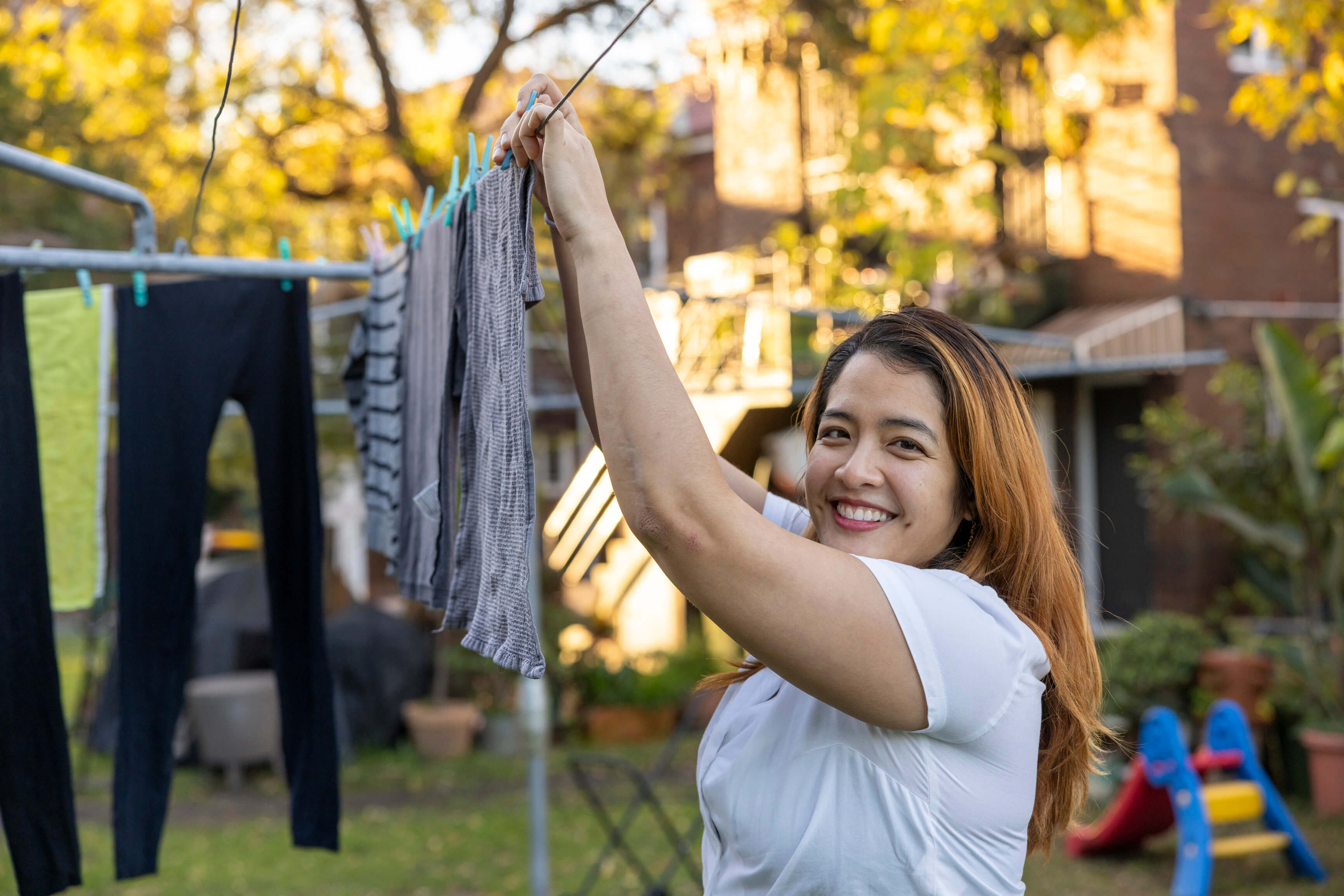Save power, save money
You could be saving more on your electricity bill.
Changes big or small can add up to bring down your energy use. Follow these tips to reduce your bills and play your part in reducing our emissions.
For the average home, heating and cooling can account for 27% of your energy consumption. Here are some ways to keep your use down.
- Start with the more energy efficient and cost-effective alternatives.
- In summer, use fans before air conditioning.
- In winter, rug up with thicker layers, blankets or a heated throw.
- Stick to more moderate temperatures so your system isn’t working so hard.
- Set your air conditioner between 23 and 26 degrees in summer and your heater between 18 and 21 degrees in winter.
- ‘Zone’ your home by cooling or heating only the parts of the house you’ll spend most of your day in.
- Zoning is where you shut doors to areas you’re not using so that your heating or cooling is concentrated to the rooms you’re actually in.
By keeping warm or cool air in, you’ll need less power to control the temperature, helping you save and keep electricity costs down.
- Stop draughts by sealing gaps around doors, floors, windows and skirting boards.
- During summer, keep curtains closed or consider external shading if the sun hits the window.
- If you’re ready for a longer-term investment, insulate your ceiling, walls and floor. A great first step if you are starting an energy efficient renovation journey.
Hot water accounts for 29% of the average household's energy use. Where you can, aim to use less hot water to bring costs down.
- In the kitchen.
- Wait until the dishwasher is full before running and choose to run in energy-saving mode.
- In the bathroom.
- Take shorter showers or aim for 4 minutes.
- In the laundry.
- Only run the washing machine when you have a full load.
- Save on water heating by washing with cold water.
Did you know, appliances left on stand-by can add to your energy bill? Don’t pay for what you’re not using.
- Switch off appliances at the wall to save energy. Remember to switch off computers, kitchen appliances and other utilities around the house.
- Turn off lights, heating and cooling when you’re not in a room.
Not all appliances are made equal. Some tend to be more energy efficient than others. So, the model and type of appliance you purchase can impact how much electricity you’re paying for.
- Check the Energy Rating Label.
- When buying new appliances, the more Energy Rating stars you have, the cheaper your appliance is to run.
- Calculate appliance running costs and make the more energy efficient choice.
You don’t have to make big changes to save power. Simple swaps or changes in our habits can help you minimise your energy use and save.
- In the kitchen.
- Where possible, swap using your oven for your more energy efficient microwave or air fryer.
- Clean fridge door seals and replace if worn to stop cold air escaping.
- Use lids when cooking to keep the heat in and reduce cooking time.
- In the laundry.
- Swap your dryer for a clothesline.

Seasonal tips to save electricity
Electricity bills can soar around the peak summer and winter periods. Be prepared and manage your power use with these tips.
| Season | Tip |
Summer

|
|
Winter
 |
|
All year
 |
|
Take the next step in your power saving journey


